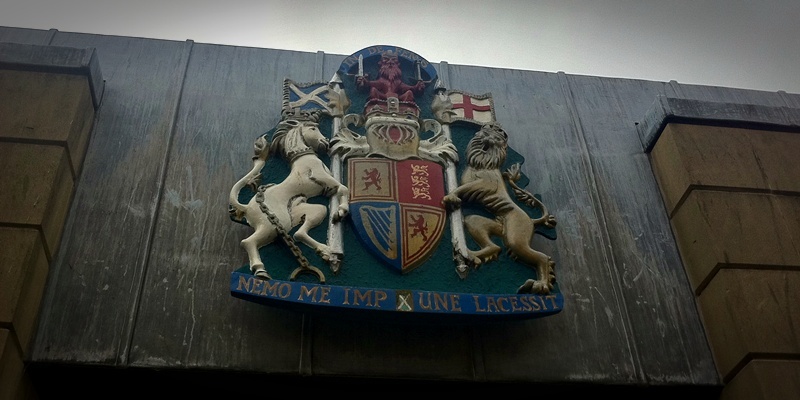Controversial changes to Scotland’s justice system could lead to more innocent people being jailed, a top lawyer has warned.
Bill McVicar, convener of the criminal law committee at the Law Society of Scotland, told MSPs he has ”concerns” about proposals to abolish the centuries-old requirement for corroboration.
The recommendation, which is expected to significantly increase conviction rates, was included in the findings of a year-long study by High Court Judge Lord Carloway.
The corroboration rule, unique to Scotland, ensures at least two separate sources of evidence are required for a successful prosecution.
Giving evidence to the justice committee at the Scottish Parliament on Tuesday, Mr McVicar said he fears scrapping the rule will lead to more miscarriages of justice.
He said: ”This seems to be moving to a society where we are prepared to countenance that the innocent be convicted, just so that we can make sure we get the ones that are guilty.”
The changes proposed by Lord Carloway were welcomed in some quarters as a way of improving the historically low conviction rate for sexual offences, which often fall down because of a lack of corroboration.
But Brian McConnachie QC, representing the Faculty of Advocates Criminal Bar Association at the Holyrood evidence session, described that theory as a ”fallacy”.
He added it was likely that there would be ”significant pressure” on prosecutors to pursue sexual assault cases when there was ”no independent support whatsoever” to back up the allegation.
Mr McConnachie also predicted the changes could lower standards of policing in Scotland as officers would not need to be as meticulous in acquiring evidence.
He said: ”This could easily have the effect of causing, rather than preventing, miscarriages of justice for the complainers, as well as for the accused.”
Fiona Raitt, professor of evidence and social justice at Dundee University, said she supported scrapping the corroboration rule as it would help convict sex offenders.
She said: ”There is an alarming range and prevalence of sexual offences which we know are calculated to take place in private spaces, precisely because there will rarely be any independent witnesses or tangible evidence to provide corroboration.”
However, she did concede the changes could make it ”tougher” for victims of sexual crimes to give evidence if they had to rely entirely on their credibility in the witness box.
The Carloway review was prompted by a UK Supreme Court ruling that the Scots system allowing suspects to be held for six hours without access to a lawyer was incompatible with human rights law.
